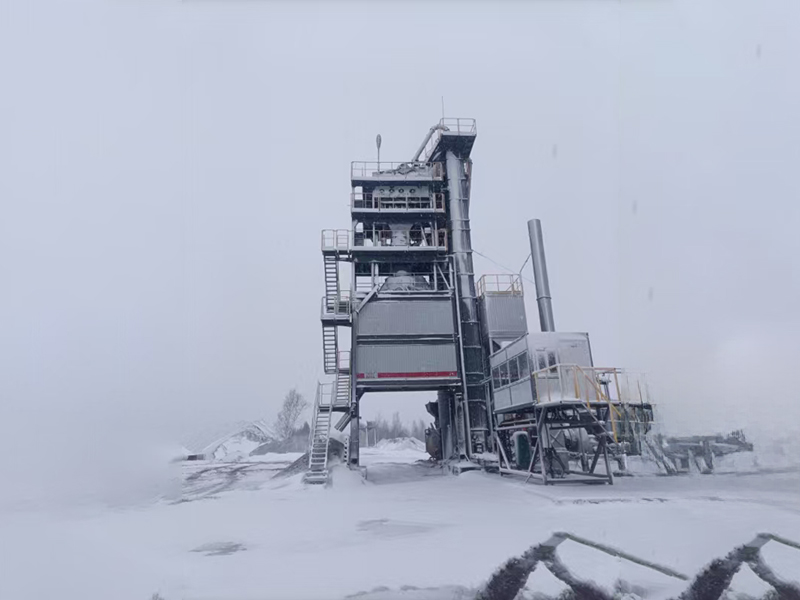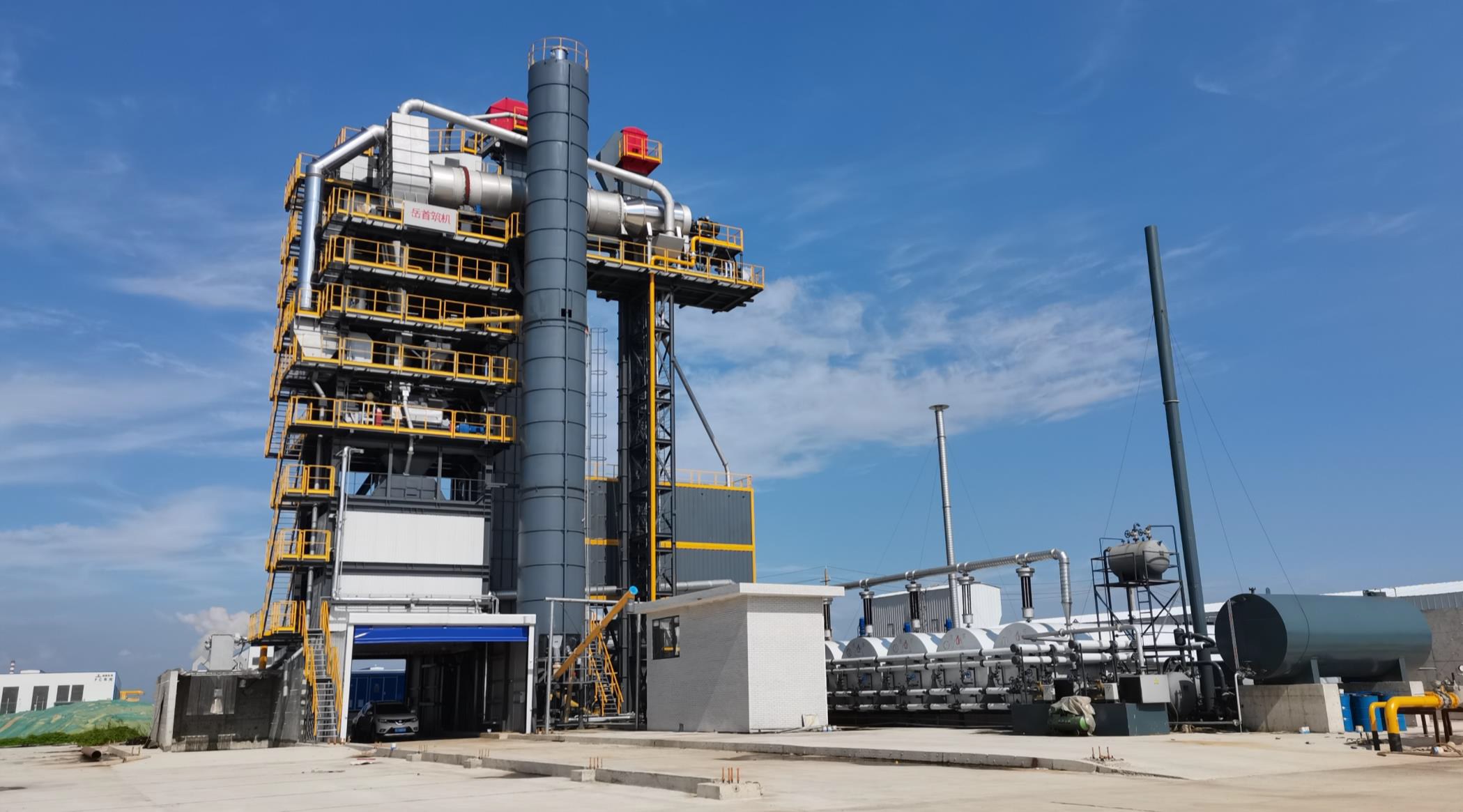concrete mixing plant
Choosing the Right Concrete Mixing Plant for Your Needs
This comprehensive guide helps you understand the different types of concrete mixing plants, their capabilities, and how to select the best one for your specific project. We'll cover key factors to consider, including capacity, mobility, automation, and budget, ensuring you make an informed decision.
Types of Concrete Mixing Plants
Ready-Mix Plants
Ready-mix plants are stationary facilities that produce large volumes of concrete efficiently. These plants typically incorporate sophisticated automation systems for precise batching and mixing. They are ideal for large-scale construction projects like high-rises and infrastructure developments where consistent, high-volume concrete production is crucial. The initial investment is significant, but the long-term cost-effectiveness for large projects makes them attractive. Many ready-mix plants utilize advanced technologies for quality control, ensuring consistent concrete quality. Consider factors such as land availability and proximity to your projects when evaluating this option.
Mobile Concrete Mixing Plants
For projects requiring portability and flexibility, mobile concrete mixing plants are the answer. These plants can be transported to various locations, eliminating the need for long-distance concrete delivery. Their smaller footprint makes them suitable for smaller projects or sites with limited space. Although their production capacity is generally lower than stationary plants, their mobility is a significant advantage. Different types exist, from smaller truck-mounted mixers to larger, trailer-mounted units. The choice depends on project size and frequency of relocation.
Central Mix Plants vs. Transit Mix Plants
Within the broader categories, it’s important to distinguish between central mix and transit mix plants. Central mix plants mix the concrete at a central location and then transport it to the construction site in trucks. This ensures consistent quality but requires efficient transportation management. Transit mix plants, on the other hand, mix the concrete directly in the trucks, offering greater flexibility in terms of delivery but potentially sacrificing some consistency. The choice depends on factors such as the distance to the construction site and the required volume of concrete.
Factors to Consider When Choosing a Concrete Mixing Plant
Production Capacity
The required production capacity is a critical factor. Consider the volume of concrete needed for your projects, both current and future needs. Overestimating or underestimating can significantly impact both your project timeline and overall costs. Assess the average daily or weekly concrete demand to determine the optimal plant capacity.
Budget
The cost of a concrete mixing plant varies widely depending on the type, size, and features. Develop a realistic budget that includes the initial purchase price, installation costs, ongoing maintenance, and operating expenses. Factor in potential upgrades and future expansion plans. It's often wise to get multiple quotes from reputable suppliers.
Automation and Technology
Modern concrete mixing plants often incorporate sophisticated automation systems for improved efficiency and accuracy. These systems can automate tasks such as batching, mixing, and quality control, reducing labor costs and improving consistency. Consider the level of automation needed to optimize your operation, balancing the cost with the benefits.
Maintenance and Support
Reliable maintenance and after-sales support are essential for long-term operation. Choose a supplier with a proven track record of providing prompt and effective support. Look for companies that offer comprehensive maintenance plans and readily available parts.
Making the Right Choice
Selecting the right concrete mixing plant is a crucial decision with long-term implications. Carefully assess your project needs, budget, and future plans before making a purchase. Research different manufacturers and suppliers, comparing features, specifications, and pricing. Seek advice from experienced professionals in the concrete industry to ensure you choose a solution that best fits your unique requirements.
For high-quality and reliable concrete mixing plants, consider exploring options from leading manufacturers like Taian Yueshou Mixing Equipment Co.,Ltd. They offer a range of solutions to meet diverse project needs.
Comparison of Concrete Mixing Plant Types
| Feature | Ready-Mix Plant | Mobile Concrete Mixing Plant |
|---|---|---|
| Capacity | High | Low to Medium |
| Portability | Stationary | High |
| Initial Cost | High | Lower |
| Automation | Often High | Variable |
Disclaimer: This information is for general guidance only and does not constitute professional advice. Always consult with relevant experts before making any decisions related to concrete mixing plants.
Related products
Related products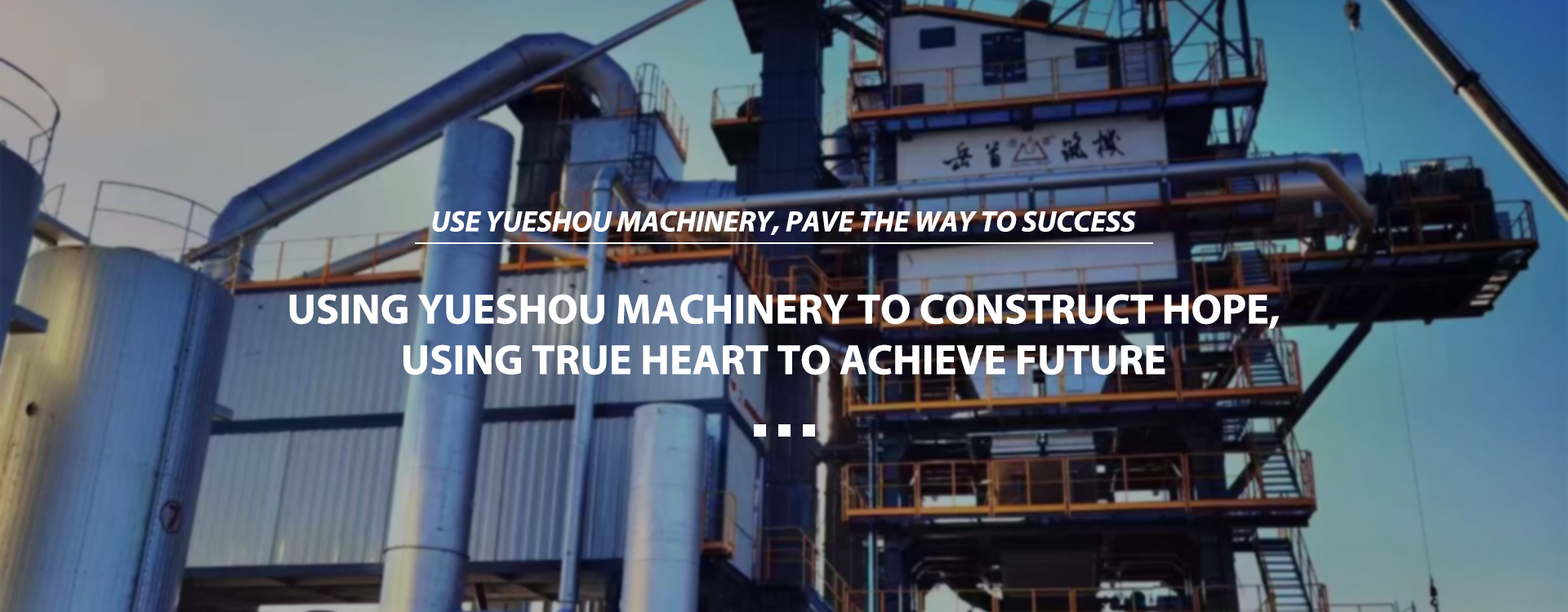
Best selling products
Best selling products-
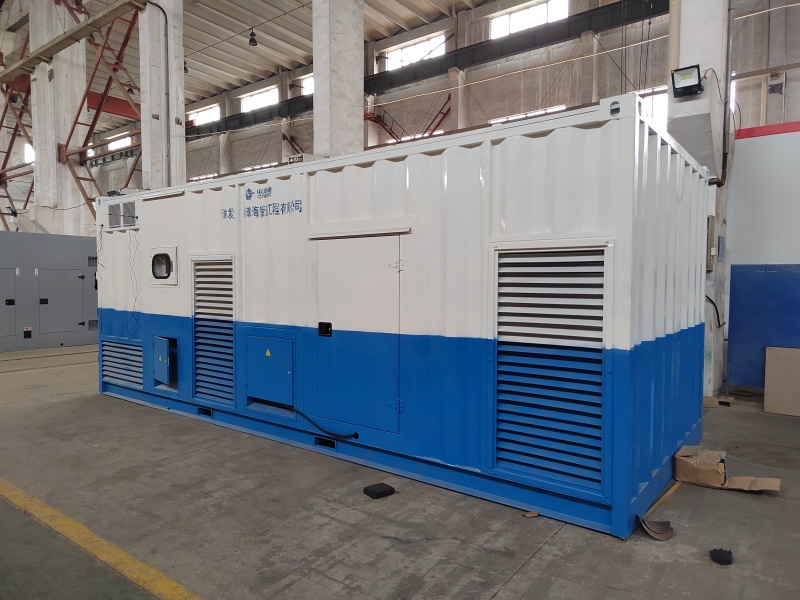 GENERATOR EXTENSION SERIES
GENERATOR EXTENSION SERIES -
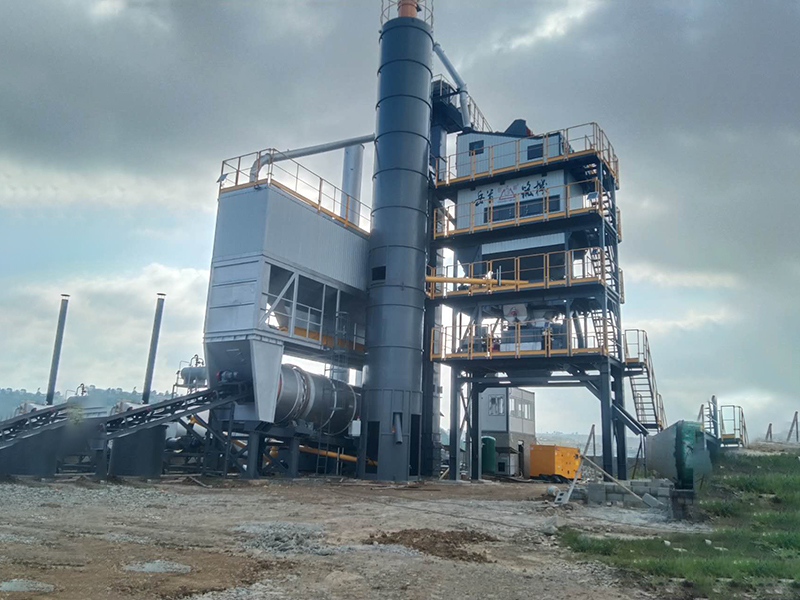 LB2000 Asphalt Mixing Plant
LB2000 Asphalt Mixing Plant -
 Modular Type
Modular Type -
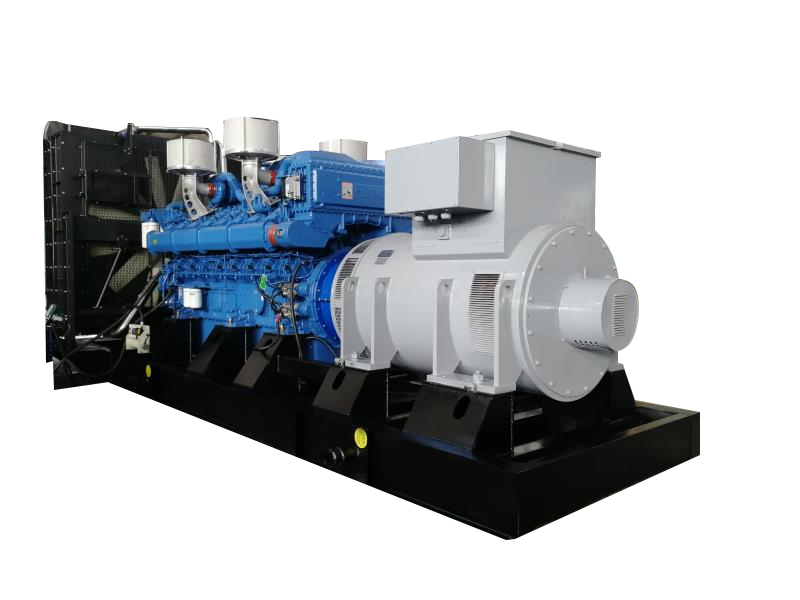 HIGH-VOLTAGE GENERATOR SETS
HIGH-VOLTAGE GENERATOR SETS -
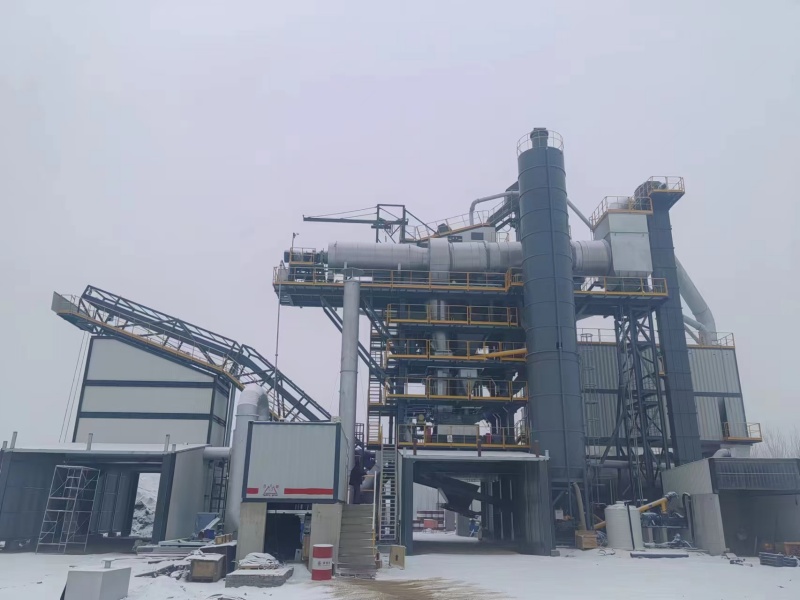 High Position Rotary Drum Type
High Position Rotary Drum Type -
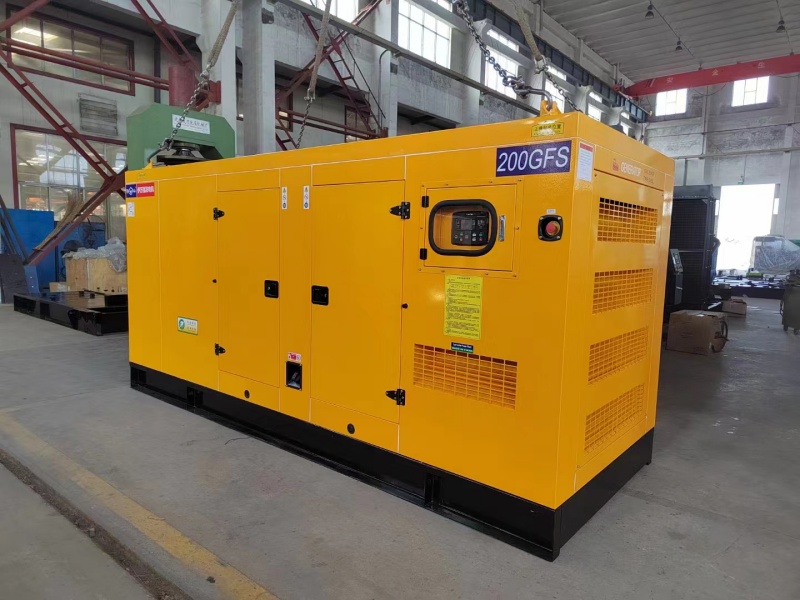 SOUNDPROOF GENERATOR SETS
SOUNDPROOF GENERATOR SETS -
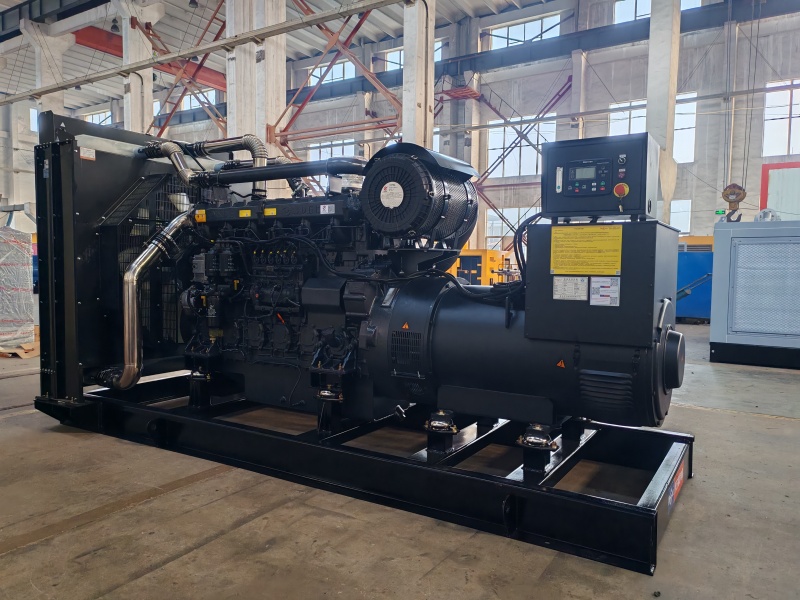 SDEC SERIES DIESEL GENERATOR SET
SDEC SERIES DIESEL GENERATOR SET -
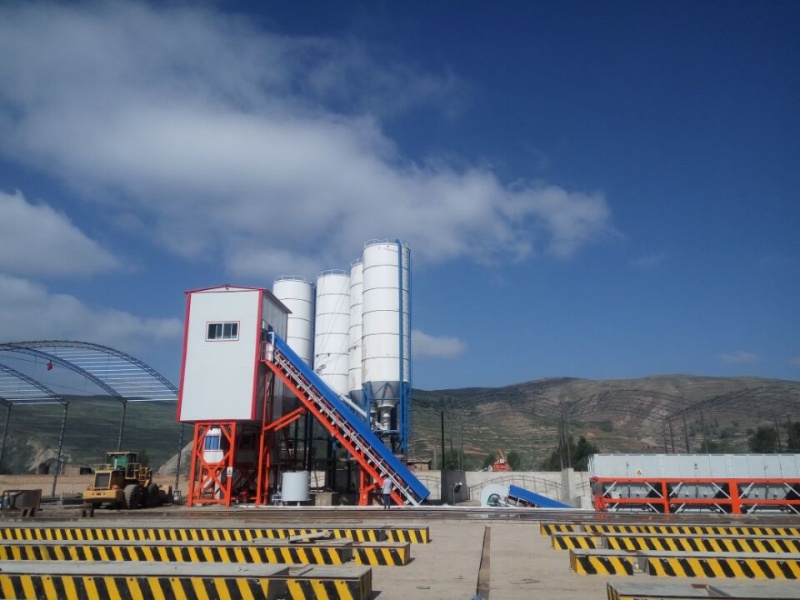 HZS90 Concrete Batching Plant
HZS90 Concrete Batching Plant -
 Moveable Type
Moveable Type -
 Mobile Type soil batching plant
Mobile Type soil batching plant -
 Mobile Asphalt Mixing Plant
Mobile Asphalt Mixing Plant -
 Container Type
Container Type
Related search
Related search- High-Quality rmc concrete plant near me Factory
- High-Quality asphalt plant drum Suppliers
- High-Quality asphalt mixing plant portable Factories
- High-Quality valley asphalt plant 6 Product
- Buy biggest asphalt plant in the world
- High-Quality hot mix asphalt plant near me Products
- OEM asphalt mixing plant mobile
- CE Certification intrame asphalt plant Factories
- Buy ready mix concrete batching plant
- Wholesale asphalt mixing plant mobile


